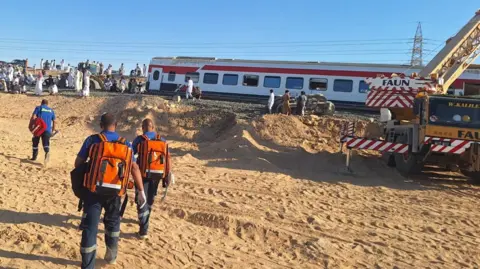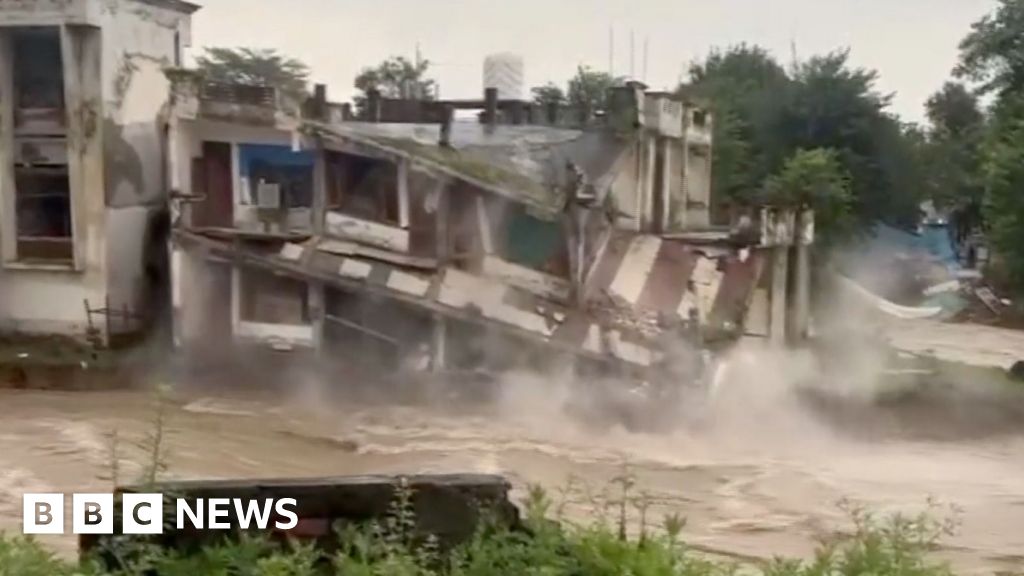Officials in Texas face intense criticism for not funding essential early warning systems that could have mitigated the effects of a recent flash flood event, which claimed 121 lives, including 36 children. The floods, fueled by heavy rainfall down the Guadalupe River, have sparked renewed discussions about the pressing need for effective forecasting and warning mechanisms to protect vulnerable communities.
Experts in disaster risk management, including Erin Coughlan de Perez from Tufts University, assert that preventing flash floods remains a complex challenge due to their unpredictable nature. Reports indicate that areas worldwide struggle to implement systems that balance effective communication with accurate forecasting. The urgency for better funding and investment is particularly evident in regions prone to erratic weather patterns exacerbated by climate change.
Echoing the sentiments of Texas residents who witnessed the devastating impacts, "When the alert came, my grandpa had already drowned," reflects the grim reality of insufficient warnings. Meanwhile, Valencia, Spain, serves as a cautionary tale where a coordinated alert system failed to activate in time last year, resulting in over 200 fatalities.
Dr. Coughlan de Perez noted that the rarity of flash floods makes public investment challenging, yet their increasing intensity due to climate changes compels action. "There’s a major ‘cry wolf’ issue," she explained, pointing out that infrequent occurrences can undermine community confidence in alert systems. With dire consequences at stake, experts urgently call for a reevaluation of current protocols to save lives in the face of impending flash flood threats.




















